A group of 148 people departed from Taiwan Taoyuan International Airport yesterday morning as Taiwan’s suspended travel bubble with Palau resumed.
A China Airlines flight took off at about 10:30am under a program in which the Pacific island country is offering up to 2,000 doses of COVID-19 vaccines to arrivals from Taiwan.
The “travel bubble,” which allows Taiwanese to visit Palau under eased protocols, was initially launched on April 1, but was suspended in the middle of May after a surge of COVID-19 cases in Taiwan.
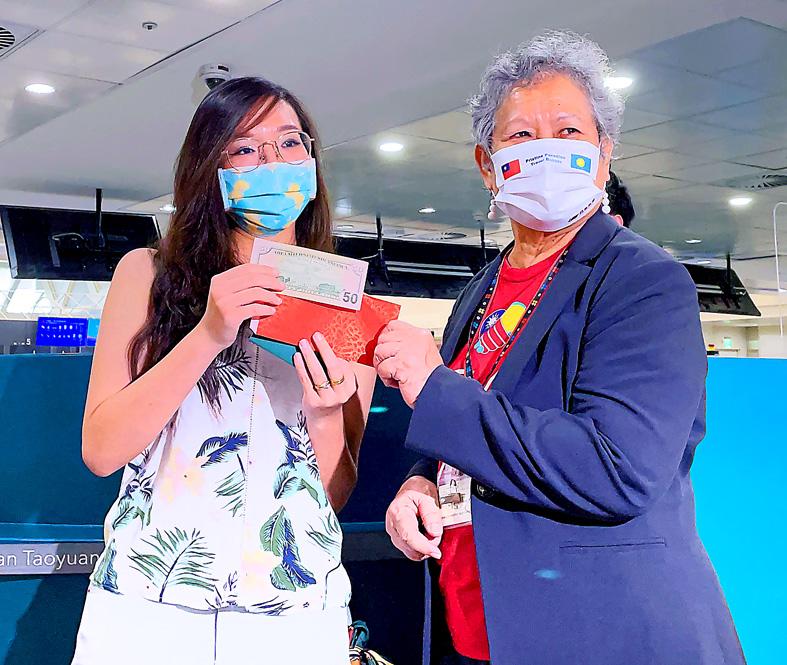
Photo: Chu Pei-hsiung, Taipei Times
While Taiwan has contained the outbreak, it still faces a shortage of vaccines.
The first group in the program arrived at the airport at about 4am yesterday and from 5am underwent polymerase chain reaction (PCR) tests for COVID-19.
By 8:30am, the tests had all come back negative, Taoyuan International Airport Corp president Jerry Dan (但昭璧) said.
The airport has streamlined procedures for administering the tests, which allowed them to finish ahead of schedule, Dan said.
In accordance with disease prevention protocols, participants in the travel bubble will be isolated upon their return to Taiwan, he said.
Palauan Ambassador to Taiwan Dilmei Olkerii was at the airport to see the flight off and gave each passenger US$50 of travel vouchers to use in Palau.
Olkerii expressed gratitude to the Central Epidemic Command Center (CECC) for allowing the program to resume.
She cited Palauan President Surangel Whipps Jr as saying that while Taiwan has continued to report domestic COVID-19 cases, it has done well to contain the virus.
Earlier this week, Alex Lei, the director of the Palau Visitors Authority’s Taiwan office, said that Palau would provide 2,000 doses of COVID-19 vaccines to Taiwanese travelers in view of the countries’ “long-standing friendly ties.”
Palau — which has doses of the Pfizer, Moderna and Johnson & Johnson vaccines — will offer the shots, along with proof of vaccination documents, to Taiwanese on the day of their arrival, Lei said.
People who have already confirmed their travel plans can reserve a jab by contacting the Taiwan office by e-mail, he said.
Many of the first group of tourists on yesterday’s flight were planning to receive their first COVID-19 vaccine shot in Palau, while others who had already received one vaccination in Taiwan were hoping to receive a jab from another brand there.
Travelers returning from Palau have to undergo five days of enhanced self-health management, either at a quarantine hotel or at home, if they can keep one person to a room, the CECC has said.
On the fifth day after their return, they are required to take a PCR test, and with a negative result they will be allowed to follow standard self-health management protocols until the 14th day, it said.
Separately yesterday, Minister of Health and Welfare Chen Shih-chung (陳時中), who heads the CECC, said that the government is drafting a protocol on the recognition of COVID-19 vaccination records from abroad.
Currently, if people who have been vaccinated against the virus abroad are asked for their record, they can use a certificate issued to them in the country where they were vaccinated, because there are no bilateral agreements on recognition of COVID-19 vaccination records yet, Chen said.
However, the planned protocol would only recognize records that show vaccination with a product that has emergency use authorization from the Food and Drug Administration (FDA), while a certificate declaring that they are to be inoculated abroad would also be required, he said.
COVID-19 vaccines developed by AstraZeneca and Moderna, which have been part of Taiwan’s vaccine program since March 22, would be recognized, and the FDA has authorized the Pfizer-BioNTech and the one developed locally by Medigen Vaccine Biologics Corp, he said.
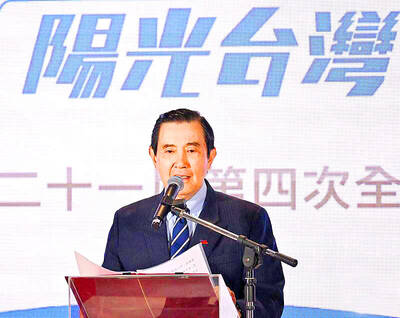
‘ANGRY’: Forgetting the humiliations and sacrifices of ‘the people of the Republic of China’ experienced disqualified Lai from being president, Ma Ying-jeou said Former president Ma Ying-jeou (馬英九) yesterday criticized President William Lai (賴清德) over what he called “phrasing that downplayed Japan’s atrocities” against China during World War II. Ma made the remarks in a post on Facebook on the 80th anniversary of the end of World War II. Ma said he was “angry and disappointed” that Lai described the anniversary as the end of World War II instead of a “victory in the war of resistance” — a reference to the end of the Second Sino-Japanese War (1937-1945). The eight-year war was a part of World War II, in which Japan and the other Axis
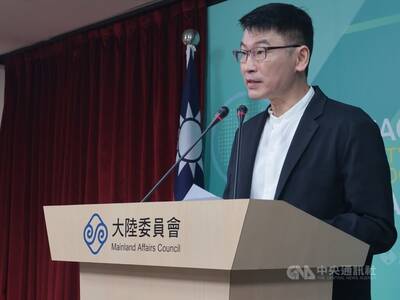
The Mainland Affairs Council (MAC) yesterday announced a ban on all current and former government officials from traveling to China to attend a military parade on Sept. 3, which Beijing is to hold to mark the 80th anniversary of the end of the Second Sino-Japanese War. "This year marks the 80th anniversary of the end of World War II and the Republic of China’s victory in the War of Resistance [Against Japan]," MAC Deputy Minister and spokesperson Liang Wen-chieh (梁文傑) told a regular news briefing in Taipei. To prevent Beijing from using the Sept. 3 military parade and related events for "united
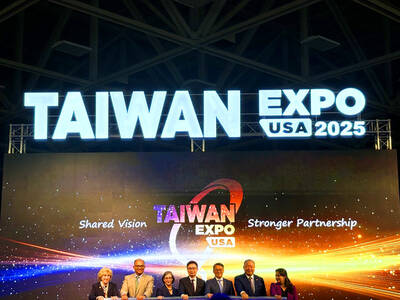
‘OFFSHORE OPERATIONS’: Also in Dallas, Texas, the Ministry of Economic Affairs inaugurated its third Taiwan Trade and Investment Center to foster closer cooperation The 2025 Taiwan Expo USA opened on Thursday in Dallas, Texas, featuring 150 Taiwanese companies showcasing their latest technologies in the fields of drones, smart manufacturing and healthcare. The Taiwan External Trade Development Council (TAITRA), the event’s organizer, said the exhibitors this year include Hon Hai Precision Industry Co (Foxconn), the world’s largest contract electronics manufacturer; AUO; PC brand Asustek Computer; and drone maker Thunder Tiger. In his opening speech, TAITRA chairman James Huang (黃志芳) said he expected Texas to become a world-class center for innovation and manufacturing as US technology companies from Silicon Valley and Taiwanese manufacturers form an industrial cluster
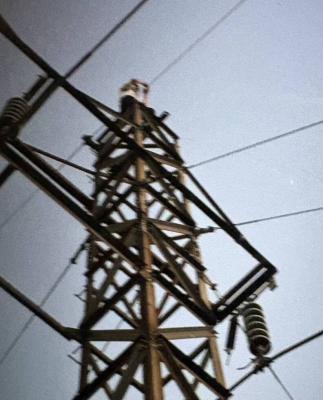
A 20-year-old man yesterday evening was electrocuted and fell to his death after he climbed a seven-story-high electricity tower to photograph the sunset, causing a wildfire on Datong Mountain (大同山) in New Taipei City’s Shulin District (樹林), the Taoyuan Police Department said today. The man, surnamed Hsieh (謝), was accompanied on an evening walk by a 20-year-old woman surnamed Shang (尚) who remained on the ground and witnessed the incident, capturing a final photograph of her friend sitting atop the tower before his death, an initial investigation showed. Shang then sought higher ground to call for help, police said. The New Taipei